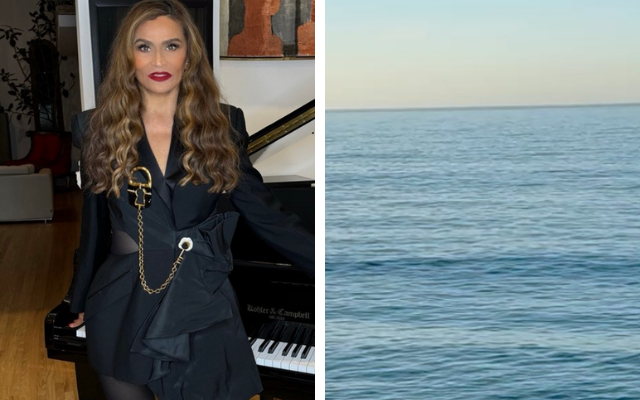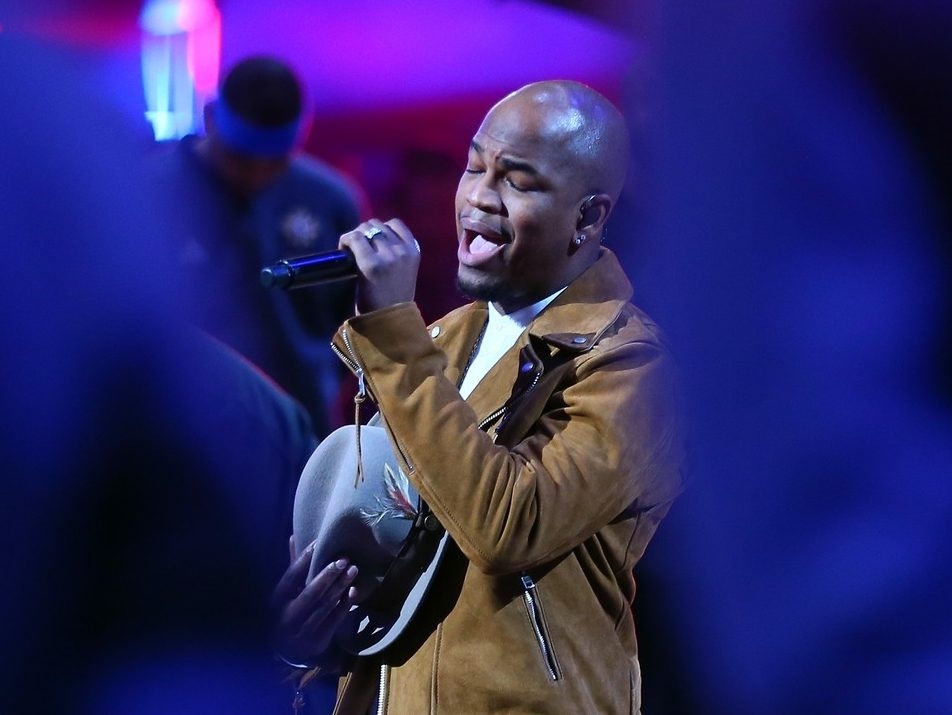Mark your calendars. On August 23, Republicans who qualify to participate will take the stage for the first presidential debate. It’s always a big night for any candidate who can steal the TV sound bites and headlines: A strong performance can mean a path to the nomination and perhaps the presidency.
But for those who fail the test and melt under the spotlight, it can also mean the end of the line.
There are arguably three prime opportunities for an aspiring presidential nominee to truly move the dial of public awareness: the announcement that he or she is running; the nomination of his or her vice presidential choice at the convention (along with both candidates’ convention speeches); and his or her debate appearances.
It’s the debates, however, that can be the ultimate X factor, good or bad, in determining the fortunes of a candidate. Because they’re the one platform where candidates have an opportunity to show their skills relative to the strengths and weaknesses of their opponents. Voters want to see candidates in that arena. Without teleprompters. Without scripts. Without aides whispering into their ears. It is arguable that it was the 2016 debates, forums, and town halls—more than 40 of them!—that, for better or for worse, gave us GOP presidential nominee Donald Trump. (Okay, I’ll amend that: for worse.)
And if there is one cold, hard truth I can impart, it is this: If you blow it on the debate stage, there’s no net to catch you when you fall. You have competitors and moderators who are ready to strafe you the moment you falter. A sizable audience will be tuned in (or will be sure to watch the highlight—or the lowlight—reel online). And the cameras will record every hair-raising moment—from the smallest verbal stumble to the last droplet of flop sweat.
There’s a long list of aspirants who failed the test and paid the price. Here are my top five.
5. Richard Nixon. The first guy to blow a televised candidate debate was the first guy to appear in one. And because then vice president Richard Nixon, in 1960, did not fully understand the power of television, he lost the debate that evening to then Massachusetts senator John F. Kennedy—and, arguably, the presidency. Nixon, because he was relatively unfamiliar with the medium (his infamous 1952 “Checkers” speech aside), prepared for the event as if it were taking place on radio. Which meant he didn’t apply basic television makeup and looked like he hadn’t shaved. So he came off looking sweaty and swarthy. And because Nixon didn’t know where to look—at the camera, at the audience, at Kennedy, or at the moderator, CBS’s Howard K. Smith—his eyes darted around. Which made him look even shiftier. A bronzed, youthful, commanding Kennedy, looking at ease, easily won the night—and, eventually, the White House.





















Discussion about this post